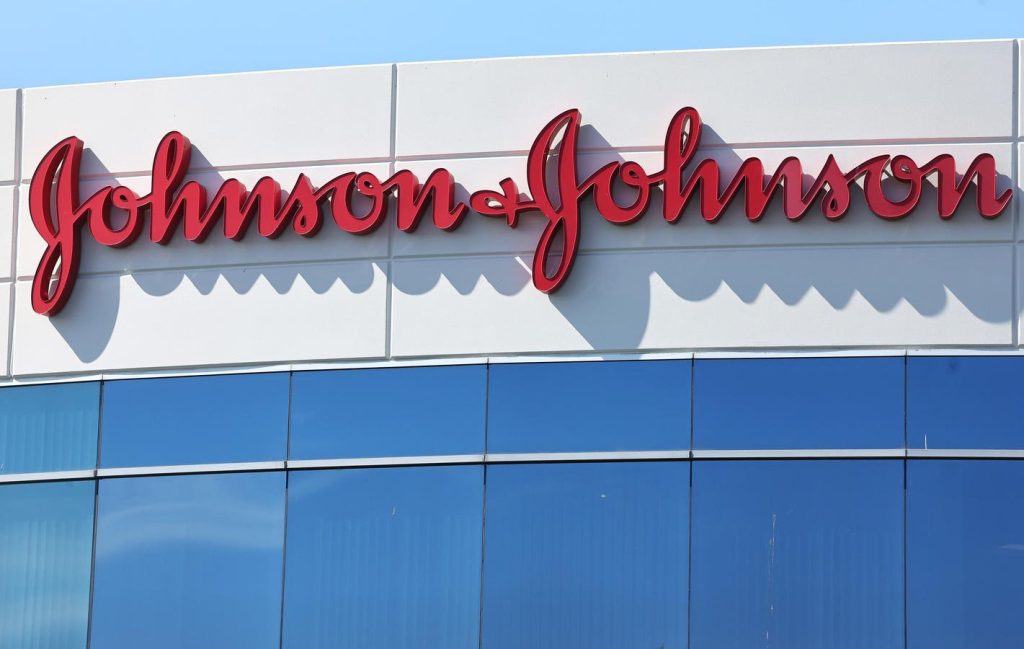Johnson & Johnson (JNJ) and AbbVie (ABBV) are two pharmaceutical giants in the industry, but recent analysis suggests that JNJ may be a better investment compared to ABBV. JNJ’s superior revenue growth and profitability in recent years have positioned it favorably in comparison to ABBV, despite ABBV trading at a higher valuation of 5.5x trailing revenues compared to JNJ’s 4.6x valuation.
When it comes to stock returns, ABBV has seen strong gains of 60% from early 2021 to now, while JNJ has seen little change over the same period. JNJ and ABBV have both underperformed the S&P 500 index in recent years, making it difficult for individual stocks, including other heavyweights in the Health Care sector, to consistently beat the index. However, the Trefis High Quality Portfolio has consistently outperformed the S&P 500 each year over the same period, showcasing the advantage of investing in a diversified portfolio.
JNJ’s revenue growth has been better than ABBV, with sales rising 8.2% since 2021 compared to a 3.3% decline for ABBV. JNJ’s growth has been led by its pharmaceuticals and medical devices business, with key growth drivers such as Darzalex, Stelara, Carvykti, and Spravato. On the other hand, ABBV is known for its blockbuster drug Humira, which faces biosimilar competition. Despite this, ABBV has seen market share gains for newer drugs like Skyrizi and Rinvoq.
JNJ is more profitable than ABBV, with a higher operating margin and better financial position. JNJ’s lower debt as a percentage of equity and higher cash as a percentage of assets indicate a stronger financial position compared to ABBV. Looking at prospects, JNJ’s lower valuation and better historical average make it a more attractive choice compared to ABBV, despite ABBV’s efforts to combat losses from declining Humira sales through acquisitions and new drugs.
Overall, while both JNJ and ABBV are expected to see higher levels in the next three years, JNJ is likely to fare better due to its superior revenue growth, profitability, and financial position. JNJ’s market share gains for key drugs and momentum in its medical devices business further support its potential for outperformance. Despite facing generic competition for its top-selling drug, Stelara, JNJ’s attractive valuation compared to ABBV at its historical average makes it a better pick for investors.


